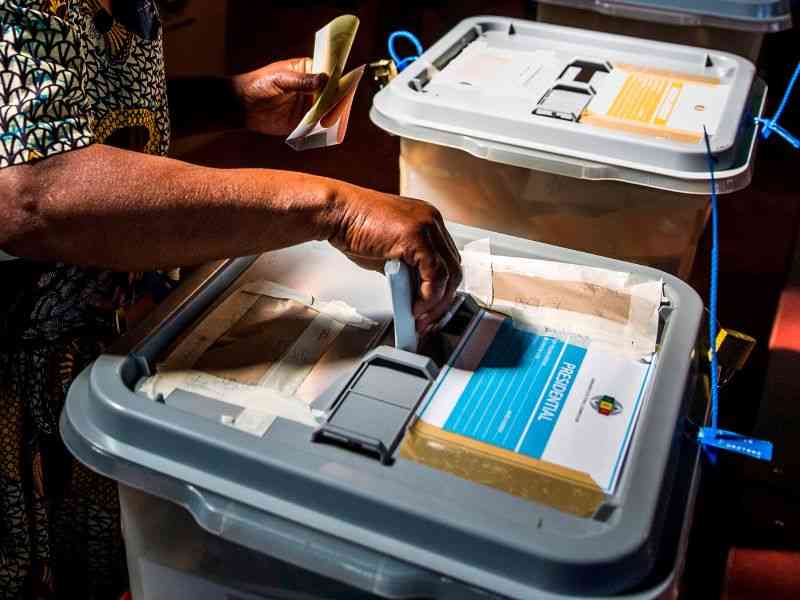
ELECTION watchdog the Zimbabwe Election Support Network (Zesn) says representation and participation of youth in electoral processes can be expedited if they are continuously engaged in leadership and governance mechanisms.
A study carried out earlier this year by Project Vote 263 titled Youth Participation in Elections, revealed that 79,5% of youths were not fully participating in electoral and governance processes, citing ignorance and lack of information, propaganda and absence of youth friendly spaces in political parties.
However, in a statement highlighting the importance of youth participation in electoral processes, Zesn implored political parties and civil society organisations to enhance youth involvement in electoral processes.
“Zesn contends that robust youth engagement, rooted in governance awareness and continuous involvement in leadership and governance mechanisms, has the potential to expedite the representation and participation of youth in electoral processes,” the election watchdog said.
“In light of these sobering realities Zesn calls upon all stakeholders including political parties, civil society organisations, and the youth themselves to take decisive action towards enhancing youth involvement in electoral processes and economic development.”
The Constitution exclusively reserves has 10 parliamentary seats for youths aged between 21 and 35.
In last year’s polls, only 35 young individuals secured seats in the National Assembly with 17 directly elected and 18 through the youth and women’s quotas.
“Furthermore, there is need for the government to revise electoral laws to allocate more seats specifically for young candidates and enforce gender parity measures within quotas.
- RG's Office frustrating urban voters: CCC
- Fast-track delimitation, Zec urged
- 'Political parties must not be registered'
- Zec to address nomination fees outcry
Keep Reading
“This representation, constituting 12,5% of the 280-member National Assembly, contrasts with the demographic reality where the youth comprise over 60% of Zimbabwe's population,” Zesn said.
“The Zimbabwe Electoral Commission and civil society organisations should come up with voter education programmes targeting youth to raise awareness about the importance of electoral participation, the electoral process, and the rights and responsibilities of voters and candidates.”
An estimated 1,5 million youths reportedly cast their votes in the August 23 and 24 harmonised elections.
Youth not in education, employment or training (15-35 years) stood at 48,5%, according to ZimStat’s latest figures.
Zimbabwe's low youth participation in governance has led to the older generation remaining in power and youth unemployment, causing high youth migration to neighbouring countries.










